- Home >
- News >
- Local News
Cancer treatment center delivers smiles with care
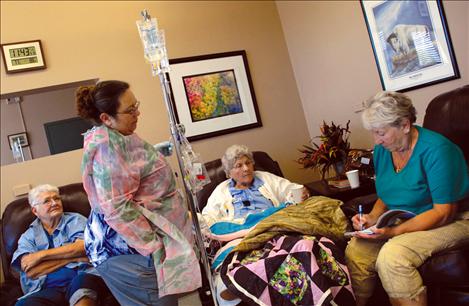
Berl Tiskus
RN Kathie Folts works with patients at the oncology clinic at Providence St. Joseph Medical Center.
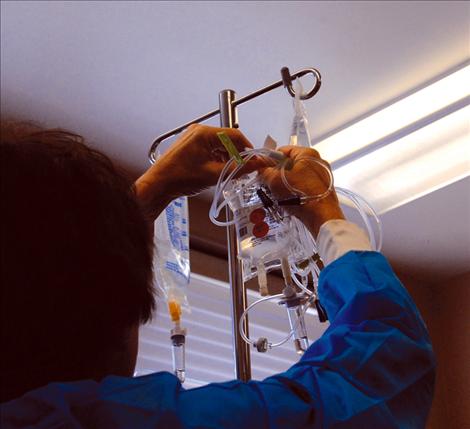
Berl Tiskus
Each cancer patient has their own chemotherapy "recipe" for treatment.
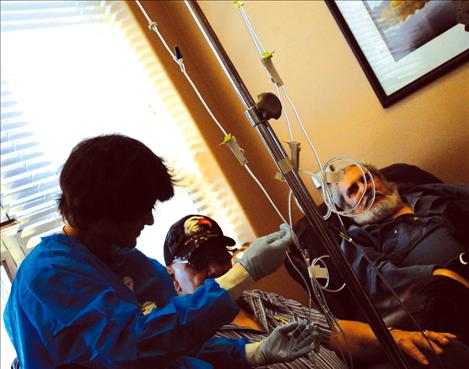
Berl Tiskus
Nurse Lisa Bertoglio starts Roy Mathis on his chemotherapy recipe.
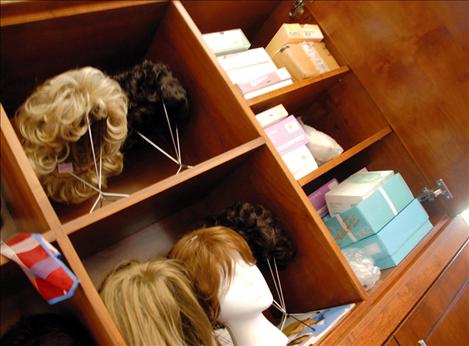
Berl Tiskus
Cheerful Heart provides a selection of wigs, scarves and hat for ladies who are losing their hair due to chemotherapy. Volunteers even teach ladies how to tie the scarves.
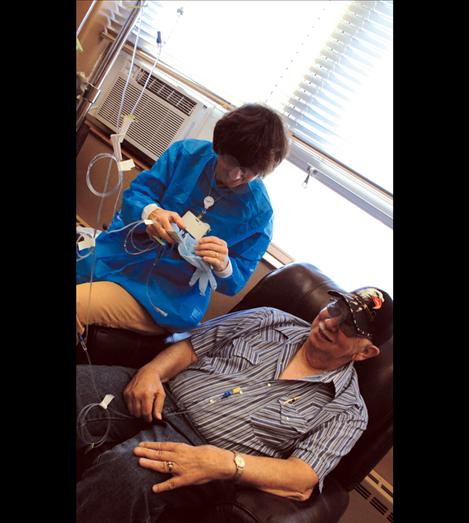
Berl Tiskus
Patient Roy Mathis smiles as Nurse Lisa Bertoglio starts him on his chemotherapy recipe. Mathis has lung cancer and visits the oncology clinic weekly.
Issue Date: 1/8/2014
Last Updated: 1/8/2014 7:56:35 AM |
By
Berl Tiskus
Keep Reading!
You’ve reached the limit of 3 free articles - but don’t let that stop you.















